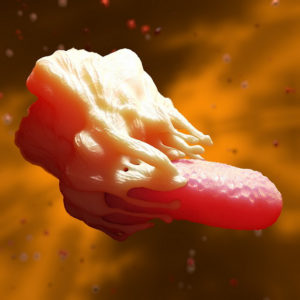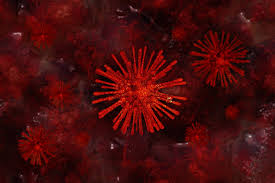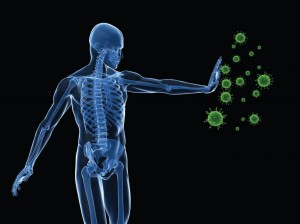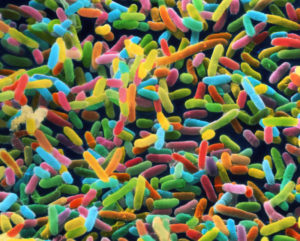Doctors have reported the first confirmed cases of individuals who have tested positive for SARS-CoV-2 infection a second time. The first report was of a patient in Hong Kong, followed by two patients from Europe, Reuters reports.
Toward the end of March, a 33-year-old Hong Kong man came down with COVID-19 and experienced mild symptoms before his full recovery a couple of weeks later, The Washington Post reports. After traveling to Spain over the summer, he tested positive in mid-August upon returning to Hong Kong. Although he was asymptomatic, he quarantined in the hospital. Genetic testing showed that he became reinfected with a different strain of the novel coronavirus than the first time.
Two Europeans, one from Belgium and one from the Netherlands, are also reported to have been reinfected. The Belgian woman first tested positive in March and again in June, while not much information about the Dutch patient is known, other than the individual is older and immunocompromised.
Some experts have told news outlets that they were not surprised by patients experiencing repeated infections, especially because the illness was not as severe the second time, and many are wondering what this means for the efficacy of a COVID-19 vaccine.
“What we are learning from this new case report is that SARS-CoV-2 may persist in the global population, similar to other common cold-associated human coronaviruses, even if patients have some degree of acquired immunity,” Robert Glatter, an ER doctor in New York City, says to the Post in reference to the Hong Kong patient.
While the patient’s immune response likely prevented him from getting sick the second time around, there is no guarantee the same would occur with a future vaccine. Glatter notes that, like exposure to other coronaviruses, a vaccine “may not be able to provide lifelong immunity,” and might require booster shots.
A study on the Hong Kong patient has been accepted for publication in Clinical Infectious Diseases. It is not clear if those who test positive a second time are capable of shedding the virus and affecting others.
According to Johns Hopkins University, there have been more than 23.5 million confirmed COVID-19 cases across the globe. It’s not clear how many cases of asymptomatic reinfection have occurred.
“This might happen more often than we think,” Mark Slifka, an immunologist at Oregon Health and Science University in Portland, tells Science News. “But no one’s swabbing people on a routine basis when they’re healthy.”







